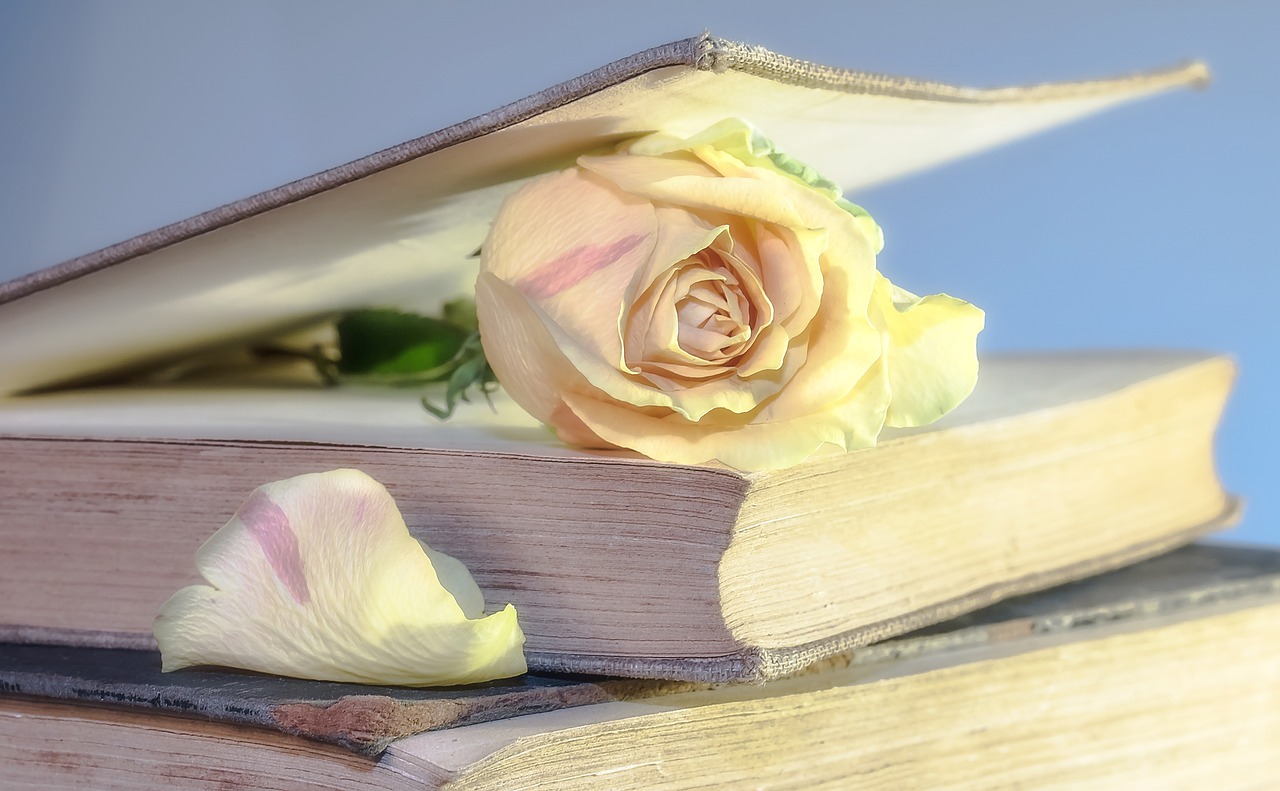
How Planet Literature Came into Being
Planet Literature was initially released into space as a German publishing house in 2008 (under the name LiteraturPlanet). Since 2012, it has also existed as an independent online realm, where shorter texts and essays as well as ebooks, PDF books and printed books are published.
In 2020, we started to make the texts available in English as well. In order to give this offer a more transparent structure and to meet the special requirements of our English speaking users, the English version is available on a separate website from 2024.
Information about Dieter Hoffmann, the initiator of the website, can be found on Wikipedia and on his blog rotherbaron.com.
What You Can Find on Our Website
On planetliterature you can pick a new literary flower every weekend. This can be either an entire book, an extract or a short text, for example a poem or a short story.
All PDFs and ebooks published on our website can be viewed and accessed via the corresponding tabs.
Our Literary Credo
1. Literature is free. Commercial interests set narrow limits to literature. Limits are incompatible with freedom and thus also with literature.
2. Literature is otherness. It opens up new perspectives and shows reality as it is not seen in everyday life. It builds bridges between inner and outer reality and makes the boundaries between them dissolve.
3. Literature is the utopian. In it, reality appears as it is not, but could be.
4. Literature is a creative process that begins in the one who writes and continues in every reader in a different way. If those in whom a concrete literary work is rooted force themselves as persons into this process and abuse it as a means of self-promotion, they bind the literary work to themselves and thus deprive it of the freedom it needs to blossom in the reader.
5. Literature is a form of dealing with human existence. Human existence is full of enigmas. Doubt, questioning and uncertainty are therefore key features of literature. A narrator enthroned above the clouds, who leads his characters on puppet strings across the parquet of his novels, is incompatible with this.
6. Literature is an open process. Every literary work is only an excerpt from a whole. It can and should therefore be thought further by the readers.
7. Literature is dialogical. It always aims at intellectual exchange, be it between the writer and the environment in the process of creation, between the work and the reader, or between several readers.
8. Literature is an art form in itself. Film is also an art form in its own right. Both art forms have their own possibilities, which are best used when each medium unfolds independently of the other. Literature is not a raw material for a film, a film is not a novel.
9. Literature is a building block of a more humane world. Competitions are a ritualised form of quarrel and fight that support the belief in the right of the strongest. In the intellectual sphere, they continue the censorship of intellectual processes, with which the free development of the mind is already undermined at school. Competitions therefore contradict the inherent sense of literature.
10. Literature speaks its own language. It questions and breaks through the corset of predetermined speech patterns and related prejudices in which language is enclosed in everyday life.
Contact
kontakt@literaturplanetonline.com
Photo: Copyright Rother Baron
